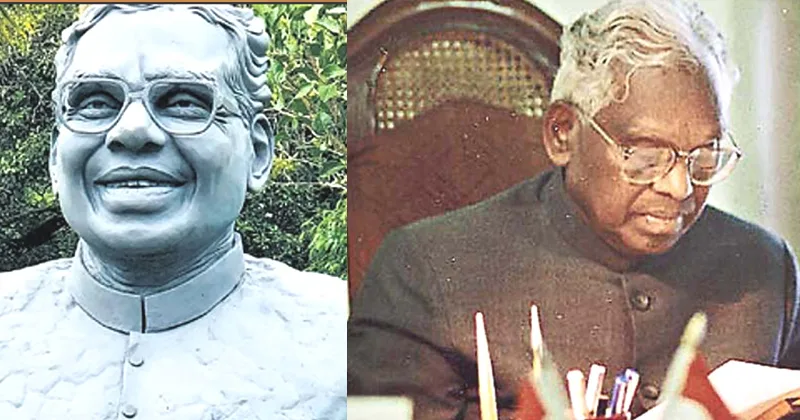Copyright newskarnataka

The Indian information technology (IT) sector is on track to surpass $400 billion by 2030, driven by the rapid integration of artificial intelligence (AI) across global enterprises, according to a report by Bessemer Venture Partners. While AI-enabled efficiencies may temporarily pressure pricing and contract values, experts believe that automation and AI-driven transformation will ultimately expand the scope of outsourcing, unlocking a new growth phase for India’s IT industry. AI adoption to reshape outsourcing demand The report noted that India’s IT sector grew at a compound annual growth rate (CAGR) of 8.1% between FY22 and FY25 to reach $264 billion, and is projected to expand at an 8.7% CAGR from FY25 to FY30, touching $400 billion by FY30. This growth comes amid a structural shift in client priorities, as enterprises increasingly seek AI-native solutions and automation-led productivity gains. “In the short term, yes—growth has slowed, and many enterprise clients are using AI as a lever to negotiate lower prices, citing productivity gains,” said Nithin Kaimal, Chief Operating Officer and Partner at Bessemer Venture Partners.“However, we view this as a temporary pause in a longer, decade-scale growth story,” he added. Kaimal explained that as AI matures, enterprises will outsource more complex, higher-value workflows requiring a blend of automation and human expertise. “While some contracts may shrink in size due to automation, the overall addressable market will expand,” he said. AI-first challengers disrupt traditional models The Bessemer report identified three emerging categories of AI-first companies that are redefining the IT services landscape: Pure software players such as Graph AI and Leena AI, which automate workflows end to end with minimal human input. AI-enabled service firms like Crescendo and Shopdeck, blending automation with human oversight. Service providers for AI developers, such as Scale and Turing, offering data, infrastructure, and model operations support. These firms are reshaping client expectations, focusing on outcomes and time-to-value rather than traditional billable-hour models. Kaimal noted that enterprises are now setting aside 25–30% of their technology budgets for agile, AI-native startups as part of their transformation strategies. “These early pilots, when successful, often scale rapidly,” he said, predicting that this trend would define the next five to ten years of outsourcing. India’s IT strengths: talent and adaptability Despite challenges such as legacy delivery models, limited R&D investment—typically below 2%, compared with over 20% for global product firms—and slow productivity growth, India remains well positioned to lead the next wave of technology transformation. “Agility and time-to-value are becoming critical metrics. Enterprises expect visible results within weeks, not months,” Kaimal said. He emphasised that the fusion of domain expertise and AI engineering will define competitive advantage. “A client-facing leader in a sector such as consumer goods must collaborate closely with an AI engineering team capable of delivering customised accelerators within weeks,” Kaimal said, stressing the need for reskilling and AI leadership across India’s tech ecosystem. With one of the world’s largest digital workforces, a deep base of engineering talent, and growing AI capabilities, India’s IT sector is expected to remain a cornerstone of global technology outsourcing well into the next decade.



